The 10 Biggest Google Stories Of 2010
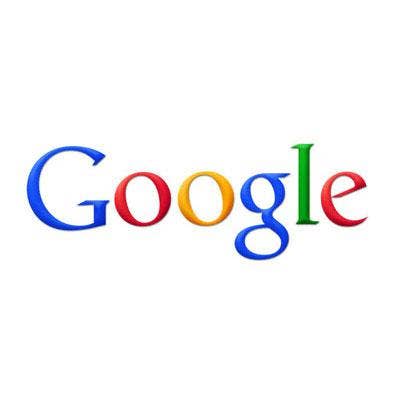
A Year In The Life Of A Search Giant
2010 was another big one for Google as the company continued to spread its wings well beyond its search engine roots. Throughout 2010 Google made plenty of moves that will help it become a social media megatron, a cloud computing colossus and a smartphone Samson. It wasn't all rainbows and cupcakes for the Mountain View, Calif.-based company though. Google did hit some setbacks with concerns around privacy and net neutrality and some product launches that just didn't quite click.
Here we take a look at the 10 biggest Google stories of 2010.

1. Android Kicking Butt And Taking Names
2010 saw an Android invasion. The mobile operating system, which first hit smartphones in 2008, was refined and tweaked and made a massive splash in the market in 2010. By many accounts, Google Android is besting its smartphone OS rivals in terms of shipments and has been the OS of choice for a host of high-profile Android devices. Research firm Gartner recently estimated that Google Android owns 25.5 percent of the worldwide smartphone OS market. Android placed behind No. 1 Nokia and Symbian, but ahead of Apple.
Android's success even prompted Google CEO Eric Schmidt to proclaim that Google sells roughly 200,000 Android devices each day.
Another feather in Android's cap was 2010's release of Android 2.2, aka Froyo. The Froyo update added a host of new features to Android, including Flash video support, which gave Android a clear edge over rival Apple and paved the way for the first Android-based tablets, like the Samsung Galaxy Tab.
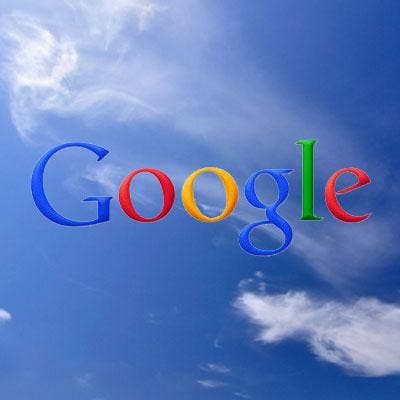
2. Cloud Kerfuffle: Google, Microsoft Butt Heads In Cloud
Google spent most of 2010 battling Microsoft for the cloud crown. The two tech titans went tit-for-tat. They sparred over government e-mail, high profile customers and Big Apple bragging rights.
Microsoft looked to one-up Google Docs with Microsoft Office 2010, which featured cloud capabilities and sparked a war of words between Google and Microsoft over whose vision was cloudier. Then, Microsoft got more Gmail-y with its retooled Windows Live Hotmail. And Microsoft rebranded its Business Productivity Online Suite (BPOS) to Microsoft Office 365, which comprises Office, Exchange Online, SharePoint Online and Lync Online.
Google, meanwhile, launched a host of tools to move Microsoft users away from Exchange and Outlook and onto Google Apps by making the migration easy. And Google's recent launch of Google Cloud Connect for Microsoft Office puts Office documents into the Google cloud for collaboration.
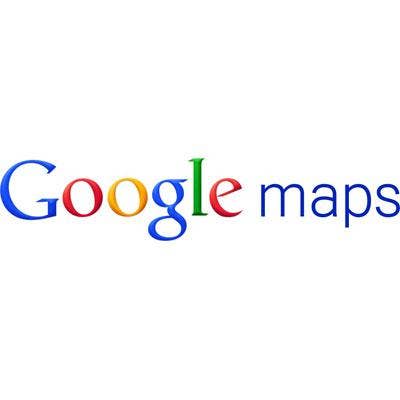
3. Google Gathers More Than It Bargained For
Google issued apology after apology in 2010 after it inadvertently collected private data while gathering information for its Google Maps Street View satellite mapping service. Google in May said that the cars the company had deployed to gather Street View data had returned to base with more than expected. Actually, Google had collected data from unsecured Wi-Fi networks and Google revealed in October that some of that data included people's personal e-mails and passwords.
The Maps flap prompted several European governments to launch investigations to determine if Google broke any laws or privacy regulations and whether fines would be levied . In the U.S., the FCC has launched a probe of its own to determine if Google violated any privacy laws with its data collection smash and grabs.
Google continues to apologize and said it will revamp its Street View data collection practices.

4. Google Builds An Arsenal Through Acquisition
Google's 2010 saw a string of key acquisitions -- 24 as of early October -- as the search giant amassed a small army of companies specializing in everything from social media tools and apps to an online shopping trailblazer. It's estimated that in 2010, Google plunked down more than $1.5 billion during its acquisition hot streak, which all told saw Google acquiring more companies in 2010 than 2007, 2008 and 2009 combined.
Some of Google's key acquisitions of 2010 include Web video compression player On2 Technologies in February; Microsoft Office web collaboration plug-in maker DocVerse in March; 3D desktop user interface maker Bump Technologies in May; social-networking software developer Slide Inc. in August; and visual search engine and online retailer Like.com in August.
Many of Google's 2010 acquisitions signify that the company is looking to better compete on the social media and social networking stage versus Facebook.
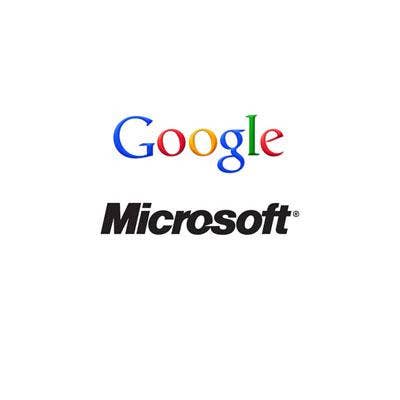
5. The Battle For Los Angeles
Last year, Google beat out Microsoft to be the cloud player of choice for the city of L.A. and its roughly 30,000 municipal employees. The deal, worth more than $7 million, was to have Google and integrator CSC bring L.A. to Google Apps from its Novell GroupWise platform come June 30, a deadline that was missed.
But the project hit several hiccups and in August stalled out amid security concerns voiced by the Los Angeles Police Department and other city agencies.
Despite the setbacks, the city of L.A. said it will stick with Google for its cloud computing environment and Google has promised to get the project on track and complete it as soon as possible.
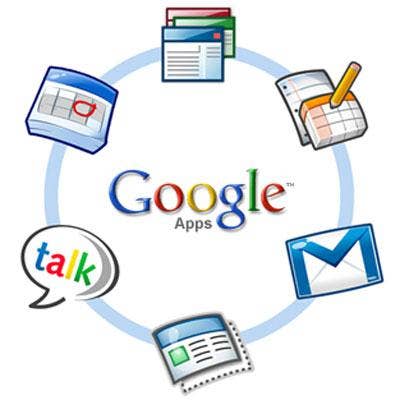
6. There's A (Cloud) App For That
In March, Google launched an online marketplace where third-party suppliers of on-demand, or cloud computing applications, can offer their wares to supplement the Google Apps cloud suite.
In the same fashion as Apple and its widely popular App Store, the Google Apps Marketplace sells cloud computing applications that integrate with Google Apps. As of October, the Google Apps Marketplace boasted more than 200 applications targeting different segments including customer management, project management, productivity, accounting, education, legal and a host of other concentrations.
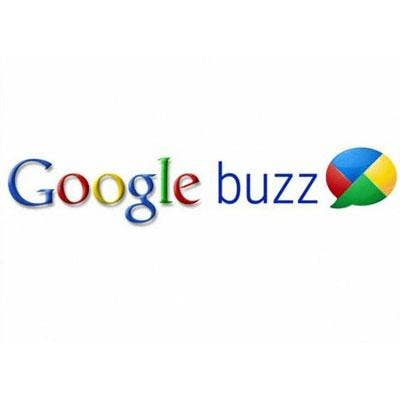
7. Google A-Buzz For Social Media
Early in 2010 Google put its social media plans into action with the launch of Google Buzz, its Gmail-based answer to Facebook and Twitter where users can follow friends; update their statuses; share links, photos and videos; and integrate with other major social networking platforms.
Buzz, while still alive and kicking, was seen as a flop and even sparked a massive privacy probe into how Google disclosed Buzz users' personal information. Buzz originally launched as sort of an "opt out" service and automatically followed user's Gmail contacts. That Google Buzz privacy flap and the resulting lawsuits prompted Google to dedicate $8.5 million of one settlement to an independent fund that will support Internet privacy education and policy.
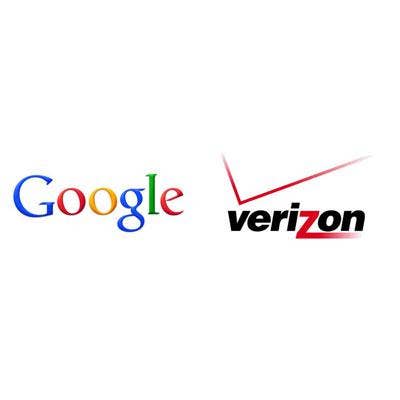
8. A Modest (Broadband) Proposal
Google and Verizon fired the net neutrality shot heard across the U.S. when they teamed up to propose new regulations for Web traffic, which the FCC would enforce and could result in fines of $2 million for transgressions.
The plan called for open access to the Internet and consumer protections in sending and receiving content, but the initiative also proposed that service providers be allowed to undertake "reasonable network management" to reduce network congestion to enforce security and "best practices adopted by an independent, widely-recognized Internet community governance imitative or standard-setting organization."
The proposal sparked outrage. A team of Congressmen also joined the opposition urging the FCC not to endorse the initiative as the Google-Verizon pact would only prohibit wireline operators from discriminating against any applications, content and other traffic on the open Internet. Such prohibitions would not, however, be imposed on wireless carriers.
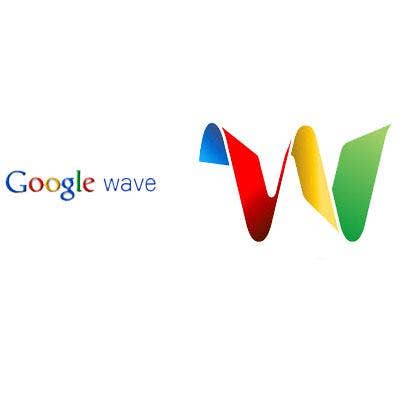
9. Buh-Bye: Google Wave Sent Out To Sea
Google pulled the plug on its long-hyped but much maligned Wave, the search giant's real-time communications and collaboration platform, in August. At the time, the company said it was putting the brakes on Wave as a standalone product though it would support and maintain Wave through the end of 2010 and incorporate Wave technology into other products.
"Wave has not seen the user adoption we would have liked," Urs Holzle, Google senior vice president of operations and a Google fellow, explained in a blog post, which also promised Wave users tools to move their content from Wave.
Wave was in the works for more than a year before Google launched it in May as part of the Google Apps suite. It was intended to compete with the likes of Microsoft's Exchange and SharePoint and IBM's Lotus Notes, but failed to spark much interest.

10. Google vs. China
China's Internet regulations and censorship almost forced Google to pull the plug on its Chinese operations in 2010. The contentious relationship between Google and China spawns from China's blocking and filtering Web content and search results, along with China's penchant for being a breeding ground of cyber attacks.
In July, Google renewed its contract to provide search services in China, a deal mired in red tape that came with the provision that Chinese officials would revisit it annually and renegotiate or terminate the contract for any reason. Google had risked losing the contract altogether when the company redirected the bulk of its search services from largely censored mainland China's .cn domain to an unfiltered satellite domain hosted in Hong Kong. The redirect to Hong Kong domain was in reaction to censorship from the Chinese government and came after a massive China-born cyber attack on Google.